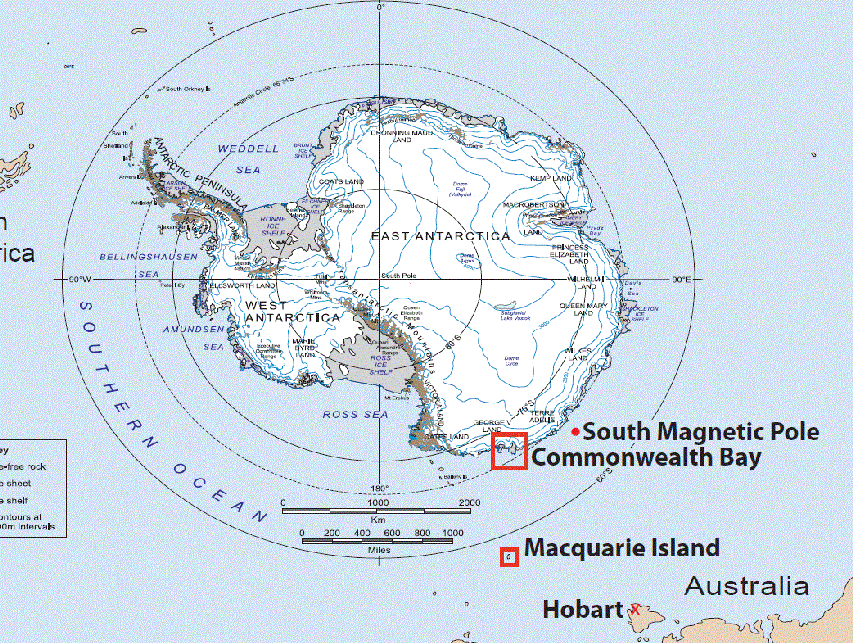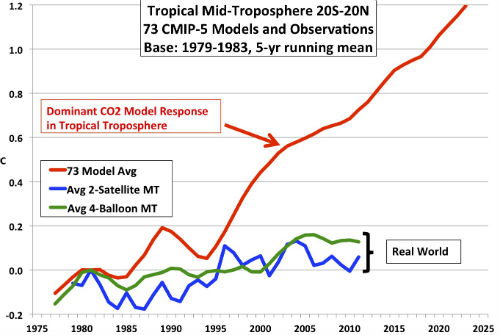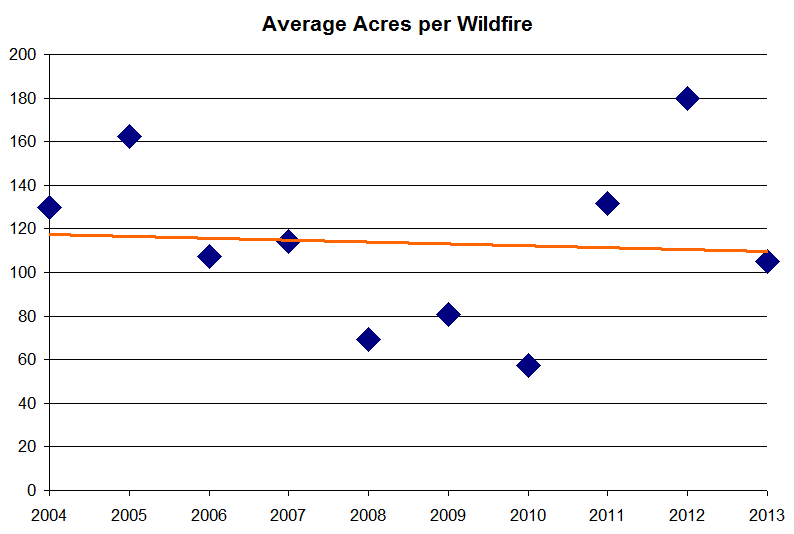Shikha Dalmia on the real reason the right fights against massive government action to fight climate change:
The decibel level in our national debate about global temperature went up several notches this week. The White House noisily released a report full of dire claims about the havoc manmade global warming is causing in America — and Republicans, equally noisily, denounced this as “liberal gloom and doom.”
The left has a deep ideological need to hype this issue, and the right to minimize it. And despite the deafening political noise on what ought to be a scientific matter, Americans must not be tempted to reach for their earplugs in disgust. After all, these ideological wars are how democracies sort out their differences.
[…]
The right’s chief commitment (which I share) is to free enterprise, property rights, and limited government that it sees as core to human progress. So when the market or other activities of individuals harm third parties or the environment, they look for solutions in these principles.
If overgrazing threatens a pasture, to use a classic example, the right’s answer is not top-down government diktats to ban or ration use. Rather, it is to divvy up the pasture, giving ownership to farmers — or privatizing the commons. The idea is that what individuals own, they protect; what they don’t, they abuse.
But there is no pure free market or property rights solution to global warming. There is no practical way to privatize the Earth’s atmosphere or divvy up pollution rights among the world’s seven billion inhabitants in 193 countries. This creates a planet-sized opening for the expansion of the regulatory state. Hence, right-wingers have an inherent need to resist the gloomy global warming narrative.
This is a massive conservative blind spot. But it is, in many ways, matched by liberals’ tunnel vision.
It is no secret that liberal commitment is less to promoting individual liberty and more to curbing capitalistic greed, which the left views as the great enemy of social justice and equality. At first blush, environmentalism and egalitarianism appear in conflict given that the environment is something of a luxury good that rich folks generally care about more than the poor.
Indeed, this conflict is why the 1960s New Left, driven primarily by humanistic concerns such as eradicating poverty and eliminating racism, shunned the emerging environmental movement for over a decade, according to University of Wisconsin’s Keith M. Woodhouse. Many in the New Left condemned the first Earth Day in 1970 as “the white liberal’s cop out” and believed that a preoccupation with overpopulation, for example, was “racist hysteria.”

 Remember the story about the Australian climate researchers
Remember the story about the Australian climate researchers 





